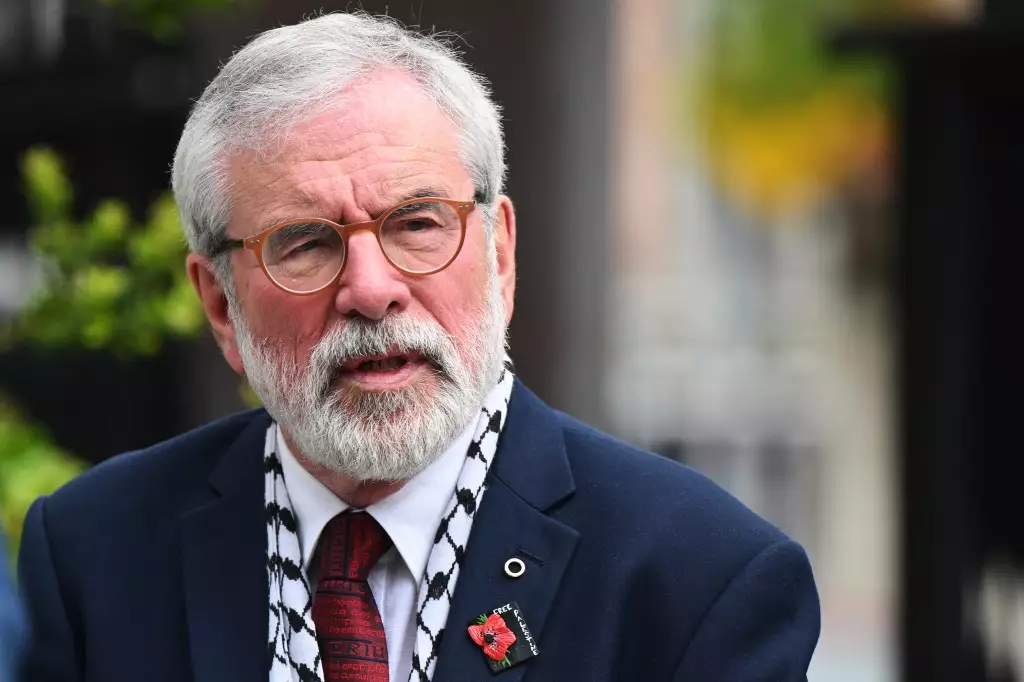In a contentious legal battle that has rippled through the media landscape, the BBC has found itself on the losing end of a libel case brought forth by Gerry Adams, the former President of Sinn Féin. Ordered to pay €100,000 (approximately $113,000) in damages, the ruling raises significant questions not just about the BBC’s reporting but also about the broader implications it holds for press freedom and journalistic integrity. This case, stemming from a 2016 documentary that connected Adams to the murder of Denis Donaldson—an MI5 informant who was once affiliated with Sinn Féin—underscores the precarious line media entities walk when reporting on sensitive political issues in an already volatile environment.
Implications for Journalism
Adams’s claim rested upon assertions that the BBC’s portrayal of him directly implied his complicity in Donaldson’s murder. The fallout from such allegations is serious, especially for a person of Adams’s stature in Irish politics, who has vehemently denied the charges throughout his career. As the jury found in favor of Adams on critical points, including whether the BBC acted in good faith, this ruling emphasizes a fundamental concern: the impact of defamation suits on freedom of expression.
BBC Northern Ireland Director Adam Smyth expressed alarm at the implications of the verdict, claiming that it endangers free speech. If major media organizations cannot defend themselves under current Irish defamation laws, it creates a chilling effect on journalistic endeavors. The BBC maintained that it was exercising fair and reasonable reporting—a defense that ultimately did not sway the jury.
The Cost of Investigative Journalism
Adams’s legal expenses are reported to be astronomical, potentially ranging between €3 million and €5 million, making it one of the most expensive legal confrontations in the BBC’s history. This exorbitant financial burden raises the question: Can media outlets afford to pursue truth in the face of such expensive litigation? The notion that journalistic integrity can be financially contested poses a serious threat to independent reporting, especially on contentious issues involving political figures.
Given the backdrop of the troubles in Ireland, where the line between politics and violence has been bloodied, the case shines a light on how the media must navigate this murky terrain. Documentaries and articles serve as vital records of ongoing narratives, but they also must tread carefully among deeply entrenched political allegiances and history.
The Role of Media in Society
The role of the media in society is to hold the powerful accountable, to investigate, and to inform the public on matters of significant interest. As such, public interest journalism is crucial in democratic societies, and anything that threatens it should be examined with a critical eye. The jury’s decisions in this case could have lasting ramifications for not only the BBC but also for other media outlets that engage in investigative journalism.
The balance between protecting individuals from defamation and ensuring that the press can operate without fear of crippling legal retribution is delicate. As the dust settles on this high-profile case, we are left to ponder the future of journalism in Ireland and, by extension, how similar dynamics may unfold across the globe. It raises a pertinent issue about who gets to tell the story, and at what cost. In a time when media is more crucial than ever, we must advocate for the freedoms that allow reporters to shine a light on the truth—no matter how uncomfortable it may be.
